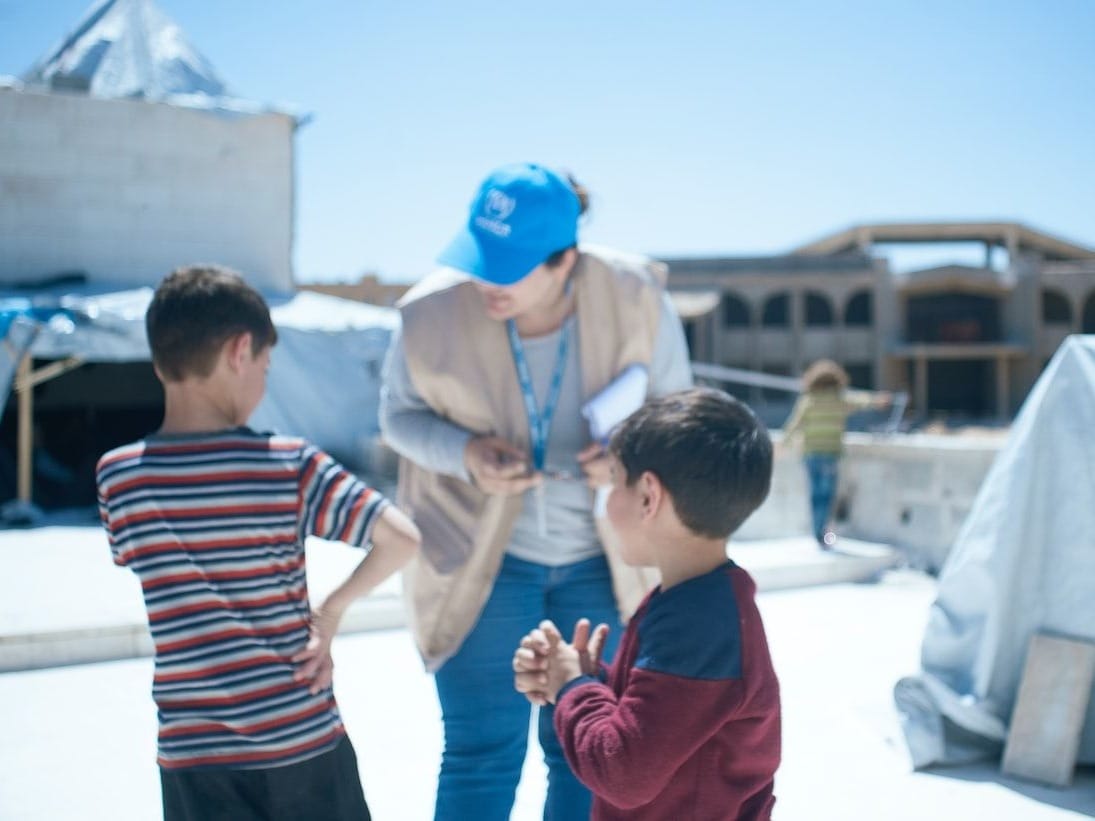The U.N. Security Council agreed to another six-month entension for cross-border humanitarian aid deliveries to more than 4 million Syrians in the rebel-held northwest.
The unanimous vote by the 15-nation council on Monday to approve a resolution co-sponsored by Brazil and Switzerland means aid deliveries can continue until July 10 through the Bab al-Hawa border crossing from Turkey and northern Syria.








